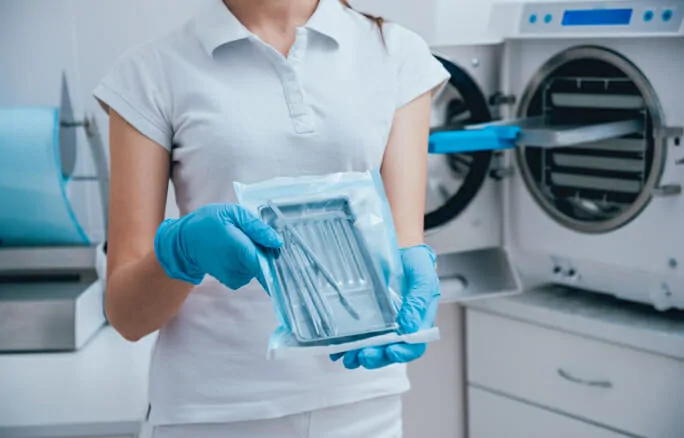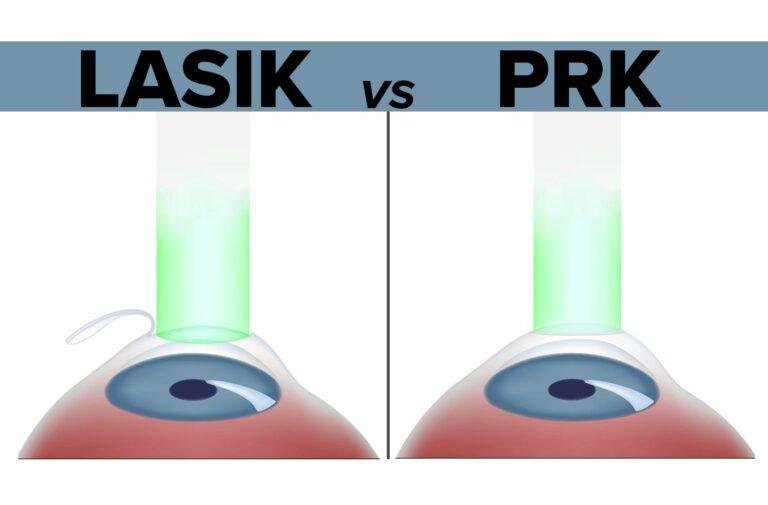What comes into mind when it comes to blood tests? Checkups? Treatments? Medicine? All of this is applicable. Blood tests, also known as Phlebotomy, make use of a needle to puncture through a person’s veins. You see this in blood sugar checkups to know how much sugar intake one is consuming.
While it may sound a bit painful, it is a fast process. In fact, it is one of the quickest types of healthcare you can get. Since it’s a service, it can either be paid or insured at no cost.
This article is a short guide for those who want to know how blood tests work? Ready to learn more? Let’s start!
How are Blood Tests Conducted?
There are many types of blood tests available. The tests determine what kind of condition a patient has. From the way the body works, to the functionality of the organs. Some tests include:
- Complete Blood Count (CBC) – this measures if you have enough red blood cells, white blood cells, and platelets in your body
- Basic metabolic panel (BMP) – this looks into the sugar intake of the blood. Other compounds include potassium and sodium.
- Blood enzyme tests – it determines if your body experienced a heart attack or a similar form of it.
These are one of many blood tests a person can get. As they are services, they have a fee before the Phlebotomists can perform their duties.
Where do they take place?
Blood testing usually takes place in its own clinical laboratory. Some of them are integrated into the hospital, or if they have enough resources, they can offer mobile phlebotomy. Having mobile healthcare eases the burden of testing, making it accessible to all.
Most follow a specific shift. But if the testing is available 24/7, that’s better. It’s a given that most hospitals should be operating daily because healthcare is essential.
How much do they cost?
In the US, blood testing can be expensive without health insurance. With or without insurance, the range can go from $100 to $1,000. It even depends on the type of blood test you are going to avail. The price can change if one has private insurance beforehand.
Most of the time, lab testing is covered by insurance. But if you need lab testing inside the hospital, expect the prices will be higher. One lab test at one hospital is around $92 – $179. That does not include extra services that may be performed during operation.
Is it worth getting a blood test?
It depends. But if you have no choice, you must have an existing source of finances. Who knows when your own blood could show signs of bad health. Healthcare is a right, and the costs are no joke.
When availing these tests, do note that the person is doing it for your well-being. Don’t take their services for granted. They are the reason why we are able to live as much as we can today.
Conclusion
Blood testing is one of the many forms of healthcare one can take. This determines the lifespan and the kind of disease one can be treated to. While it is also the quickest, this ensures that you are able to take care of yourself. Blood tests are the first signs to know the longevity of life.
Author’s Bio:
Though not a medical professional, Hodge Racter knows a lot about health and medical topics, including on-demand modern laboratory services. When not writing, he spends his time with his wife and two dogs.







